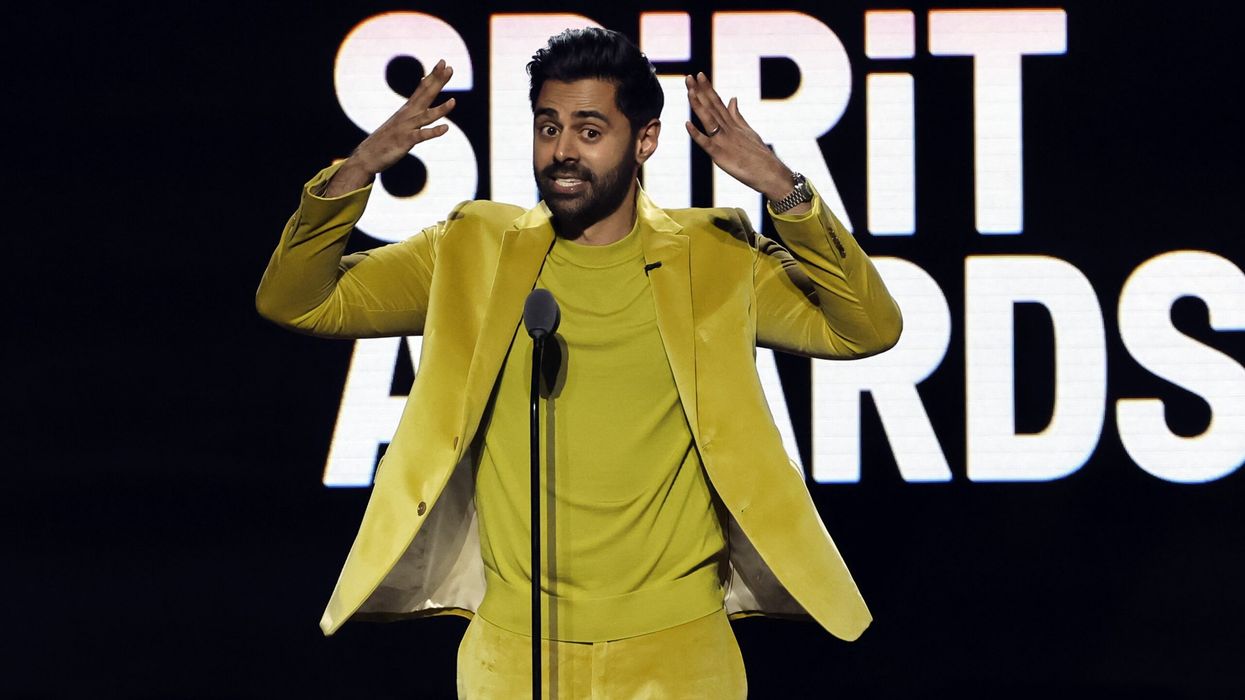Comedian Hasan Minhaj has spoken out against the controversy surrounding a September New Yorker profile that raised questions about the authenticity of stories in his stand-up comedy.
The New Yorker article raised doubts about the authenticity of Minhaj's accounts regarding incidents of racism, Islamophobia, and political challenges in his life.
“There were omissions and factual errors in The New Yorker article that misrepresented my life story, so I wanted to give people the context and materials I provided The New Yorker with full transparency,” Minhaj said in a statement to The Hollywood Reporter after posting his video online.
In a 21-minute video statement, Minhaj acknowledged that some fans might be questioning whether he had used fabricated racism and Islamophobia to further his career, and said, “I just want to say to anyone who felt betrayed or hurt by my stand-up, I am sorry. I made artistic choices to express myself and drive home larger issues affecting me and my community, and I feel horrible that I let people down. And the reason I feel horrible is because I'm not a psycho. But this New Yorker article definitely made me look like one."
Minhaj criticised the article as “needlessly misleading” not only about his stand-up but also about him as a person.
“It was so needlessly misleading, not just about my stand-up, but also about me as a person. The truth is that racism, FBI surveillance, and the threats to my family happened. And I said this on the record," he said in the video.
Minhaj added, “So I'm going to do the most Hasan Minhaj thing ever: I'm going to do a deep dive on my own scandal, with graphics, because there is so much evidence I gave the New Yorker that they ignored that I want to show you."
In his Netflix special Homecoming King, Minhaj recounted an incident involving asking a white girl, whom he pseudonymously referred to as "Bethany Reed," to the prom, according to The Hollywood Reporter.
He described showing up at her house and being told by her mother that Bethany wouldn't go with him because her family didn't want their daughter pictured with "a brown boy."
The New Yorker claimed Minhaj had actually been turned down days earlier and that race wasn’t a factor in the rejection.
In his video, Minhaj reproduced audio clips of his interview with the magazine and email exchanges with the former prom date and iterated that race was a reason for his rejection.
“How could The New Yorker imply the opposite?” Minhaj asked. He also alleged that the magazine had omitted chunks of his official statements.




